Cancer discovery news
Our researchers are making the discoveries that defeat cancer. Read the latest findings from our world-leading research.
Visit our main news hub to read about news on new funding, our fundraising activities and much more. If you want to keep updated on our news, you can follow us on social media or sign up for our Search newsletter.
If you’re a journalist and want to find out more, you can contact our media relations team.

Overuse of CT scans could cause 100,000 extra cancers in US
The overuse of CT scans could cause over 100,000 cases of cancer in the US – with almost 10,000 cases in children, researchers have warned.
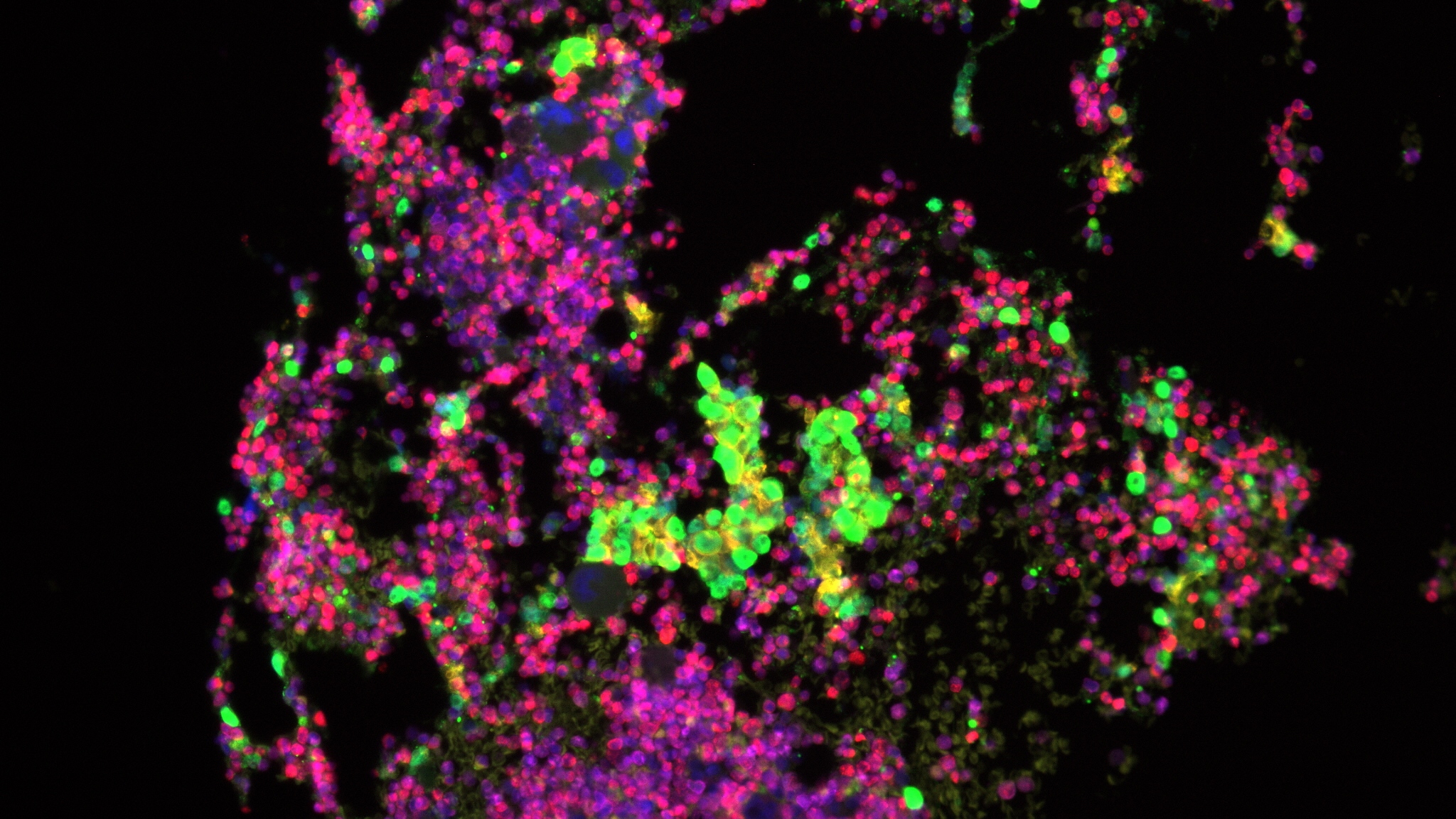
Simple spit test could finally turn the tide on prostate cancer
A spit test, where a sample can be collected at home, is more accurate at identifying future risk of prostate cancer for some men than the current standard PSA blood test, according to a study by ICR scientists.
-carousel-945x581.jpg?sfvrsn=d29fb9e9_2)
Newly identified biomarker could improve treatment for people with rare type of ovarian cancer
Scientists at The Institute of Cancer Research, London, have identified a gene that affects how ovarian clear cell carcinoma (OCCC) could respond to a new class of drug called ATR inhibitors.
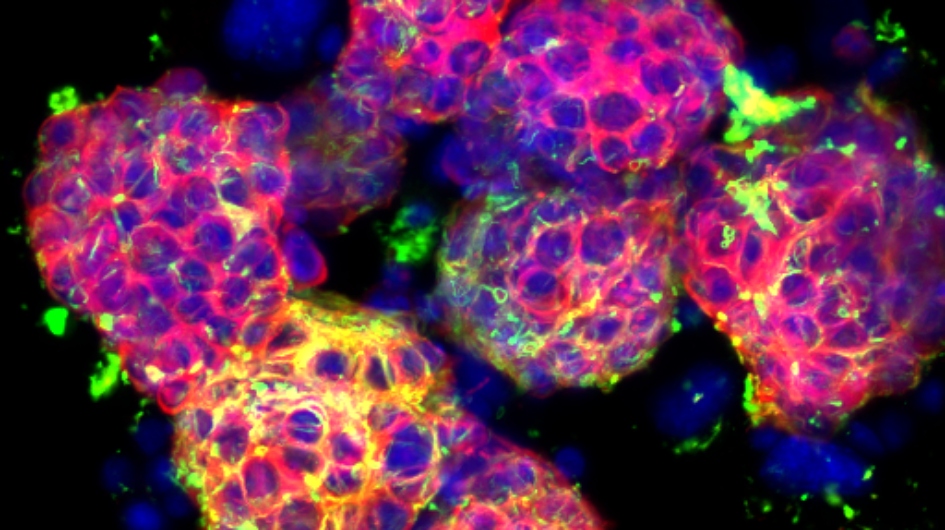
Innovative neuroblastoma research could lead to tailored treatments for high-risk patients
New research has provided insight into the biological mechanisms that may contribute to poor outcomes in certain cases of neuroblastoma – a cancer that develops in nerve tissue and primarily affects children.
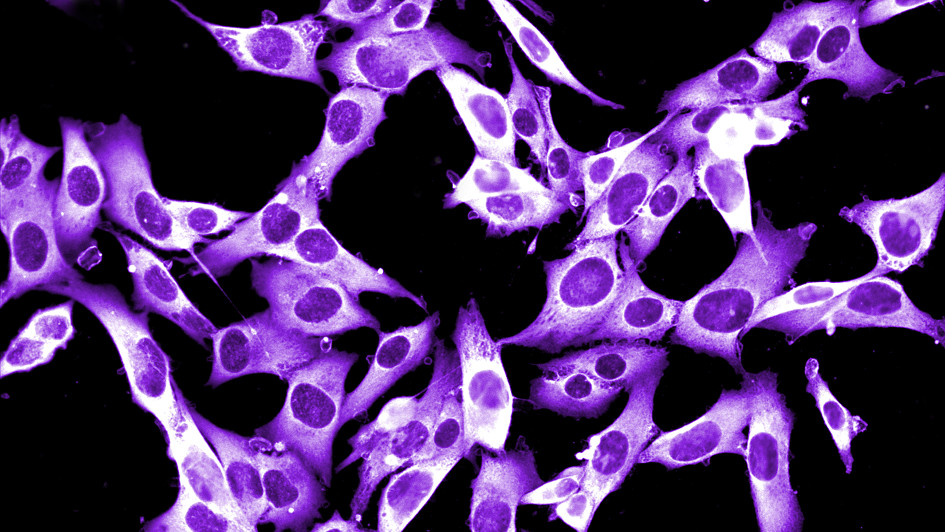
New AI technology could bring cancer drugs to patients in half the current time
Scientists have developed a revolutionary AI ‘fingerprint’ technology that can accurately show how cancer cells respond to new drugs, by simply observing changes to their shape.

£1.5million funding boost to help unlock the genetic secrets of aggressive neuroblastoma
Scientists from The Institute of Cancer Research, London, will be part of a team of international researchers who have secured funding to study the genetic secrets of childhood cancer neuroblastoma.
.jpg?sfvrsn=999b1809_2)
Genetic factors likely to determine which patients will benefit from new prostate cancer combination therapy
Researchers have uncovered several biological signs that may determine how metastatic castration-resistant prostate cancer (mCRPC) responds to a new treatment combination.
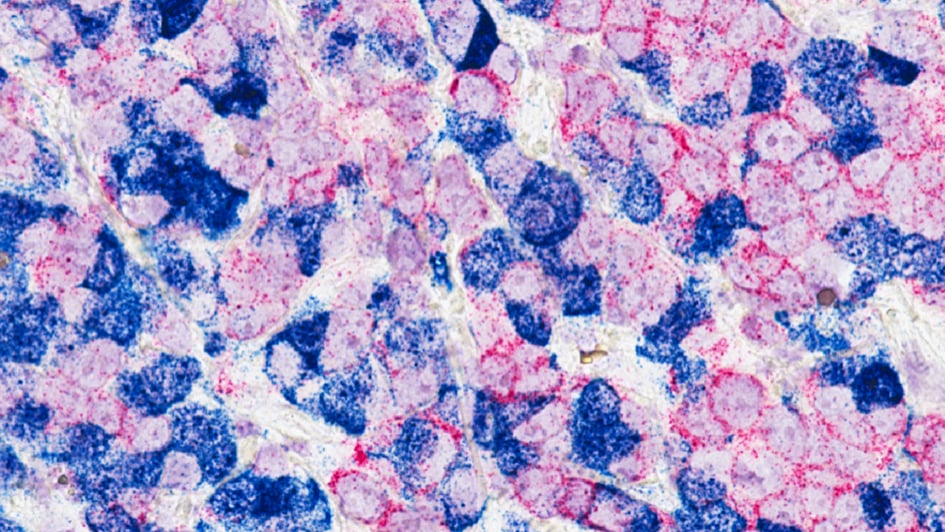
Scientists develop new tool to beat cancer’s survival tactics
Scientists have developed a tool which helps them better understand cancer’s survival tactics – and could eventually lead to new treatments for dozens of cancer types.

New research might make an ‘undruggable’ target druggable – leading to new cancer drugs
Drug discovery researchers have made significant progress towards targeting a protein that is seen as a promising anticancer target but has, until now, been considered undruggable.
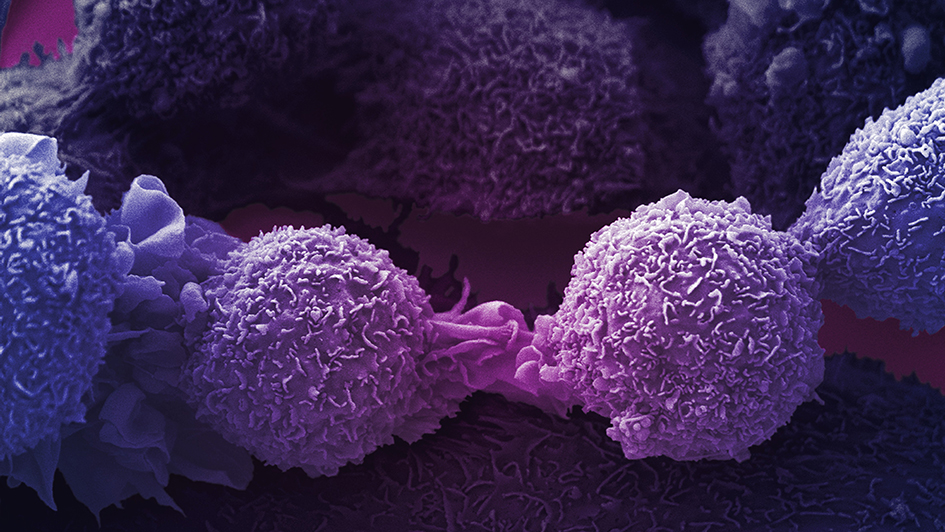
New AI model effectively predicts patient outcomes in a common type of lung cancer
Researchers have developed an artificial intelligence-based model that can help pathologists grade certain lung cancer tumours and predict patients’ outcomes.
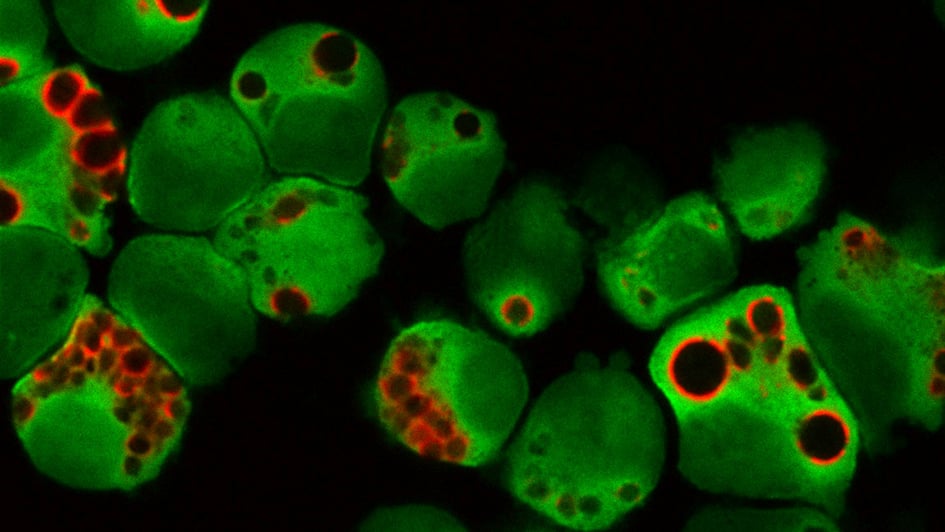
Blood cancer patients should be offered genetic testing to spot ‘double hit’ high-risk cases earlier
Offering extended genetic testing to patients with the blood cancer myeloma would help doctors spot those with the most aggressive forms of the disease so that their cancer can be targeted more effectively, say scientists from The Institute of Cancer Research, London.
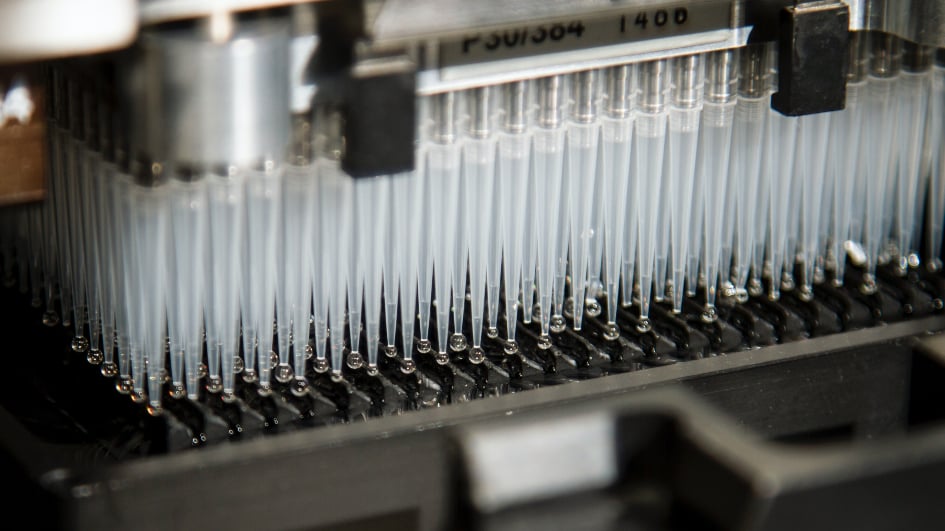
Simple blood test could lead to smarter, kinder treatments for childhood cancers
Institute of Cancer Research scientists have developed a simple blood test that will help them better understand children’s cancers - and pave the way for new targeted and less toxic treatments.